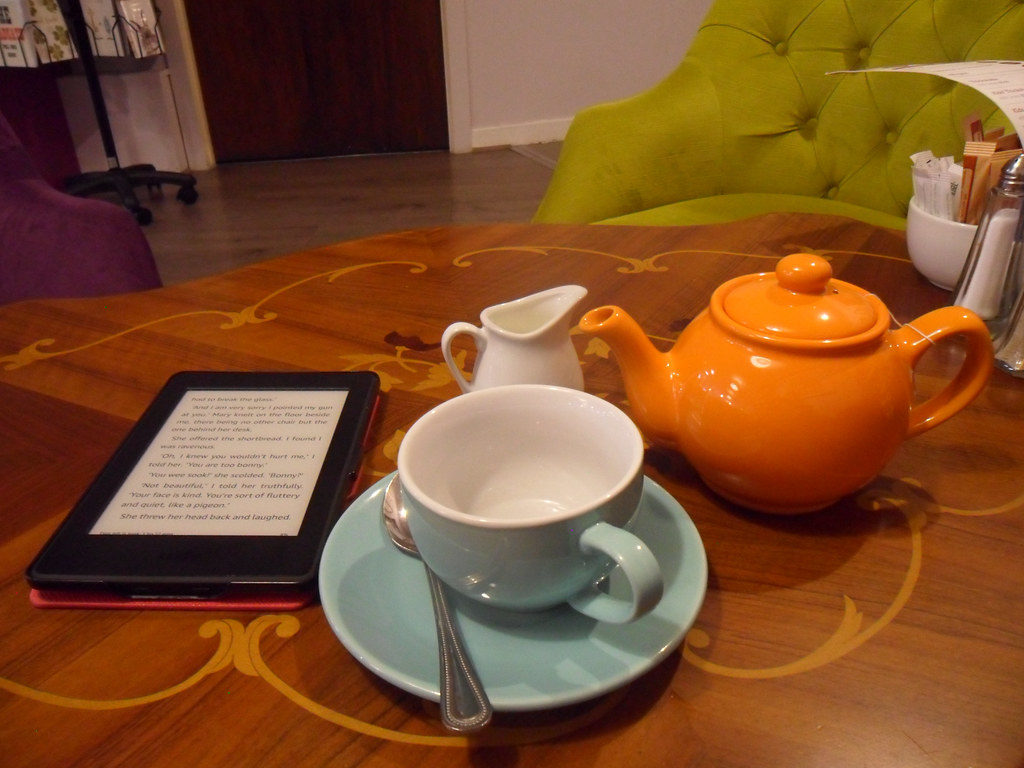Mary Holmes

In talking to some of my PhD students recently we were discussing how they are not able to enjoy each other’s company at the moment or go to conferences and other events. Such occasions can be very helpful for networking. Over the years, I have found that a lot of my best networking has been done rather serendipitously. For instance, Lynn Jamieson and Liz Stanley encouraged me to apply for the job I now have at Edinburgh. I was introduced to Lynn Jamieson during a tea break at the first BSA conference I attended in 1998. I met Liz Stanley some years later when I applied for a job at Manchester (which I didn’t get) and she was kind and chatted to me about Auckland (my home town). Åsa Wettergren, who I co-founded and co-edit the journal Emotions and Society with, was at a small conference on emotions that I attended many years ago and we got chatting over a glass of beer. Remembering such encounters gave me the idea for an experiment in virtual networking that I am now undertaking. It works like this.
- For each of my PhD students (1 at a time), I invite a scholar I know, whose work they are, or should be, citing.
- I set up a ‘tea break’ online meeting (based on the scholar’s availability)
- I ask that scholar to invite one of their PhD students or early career colleagues
- My student gets to invite 1 other PhD student (anyone, at Edinburgh or from anywhere)
- I invite their other supervisor – they are not obliged to come! (so 5-6 people per meeting)
- Come the time of the meeting we all make ourselves a cup of tea or coffee
- When we meet we introduce ourselves and just chat about what everyone is working on just now and swap any academic gossip we have (x has got a job at the University of Pocklington, y has bought a goat farm etc). There is no homework needed beforehand.
The scholars I have contacted have responded very positively, even the ones who I barely know, and I now have several meetings lined up.
The inaugural ‘I’ll meet you at the tea break’ went absolutely beautifully. We spoke to Vivienne Elizabeth, at the University of Auckland and one of her students, Moeata Pele Keil. Moeata and my student, Amy Andrada, had a lot in common across their respective projects on post-separation Pacific families in Aotearoa/New Zealand and single mothers in the US. It was a joy to hear them talk confidently about their work and yet be able to discuss some of the difficulties they faced in doing it. This less formal setting made that discussion more nuanced and interesting than I think it would have been if they had been giving a structured presentation. They were able to talk about mistakes they felt they had made and how their positions and approaches had changed as they did the research. For Vivienne, Angus (Amy’s other supervisor) and I this provided a welcome chance to reflect briefly on how our research can change us as researchers and to think about why this is not discussed more. It was also nice to see my friend Viv. She and I met during a tea break at a conference when we were PhD students.
Whether you approach old friends (who might now be esteemed scholars) or chance a speculative email to a Professor you really don’t know, I encourage you to try this out. COVID-19 has crowded out some of the more human and inspiring aspects of intellectual life. This is a form of connection that allows a sharing of ideas but does not put pressure on people at a difficult time. Sharing our sociological connections with PG students and colleagues less advanced in their careers can hopefully contribute to enriching the discipline. So please do, if you would like, set up some tea breaks of your own. I am happy to be invited: mary.holmes@ed.ac.uk. Or not. Enjoy.
